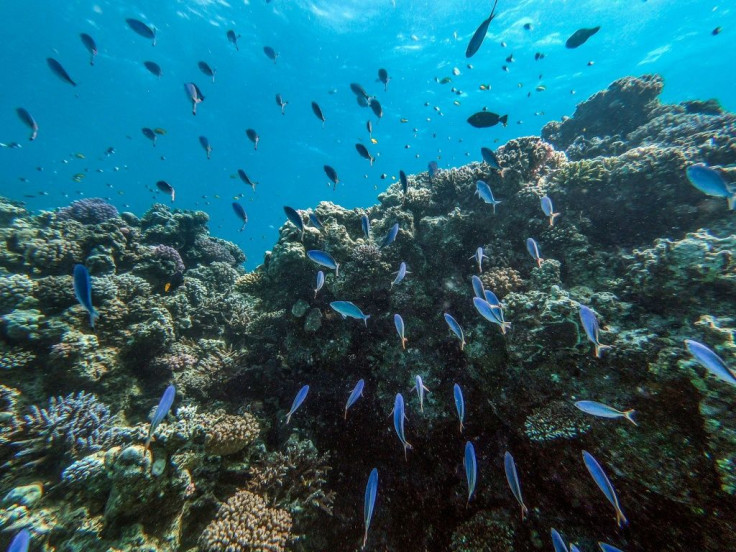Grim Fate: Climate Change Could Wipe Out All Coral Reefs By 2100
KEY POINTS
- Experts believe that all coral reefs could be wiped out by 2100
- Their destruction will most likely be caused by the warming and the rise of acidity in oceans caused by climate change
- A site in Baja, California and the Red Sea could be a potential location for the future of coral reefs
With climate change already boring a hole through the thinning ozone layer, scientists are claiming that the erratic weather pattern could soon wipe out the entire coral reef habitat by 2100.
A new research paper that was presented at the Ocean Sciences Meeting 2020 in San Diego, California exposes a grim prediction where experts are eyeing that 70 to 90% of all coral reefs will disappear over the next 20 years. The main suspects: warming seas and acidic waters brought about by global warming and pollution.
While some suggested that transplanting young, lab-grown corals will help reinvigorate dying and bruised reefs, their restoration efforts will most likely meet “serious challenges.” A new research mapping that pinpoints the most successful location of these efforts in the coming years also yielded that “few to zero” suitable coral reefs will remain by 2100.

“By 2100, it's looking quite grim,” said University of Hawaii Manoa biogeographer Renee Setter.
Setter, who presented their findings Monday, added that despite the millions who work hand in hand to combat stressors by cleaning up beaches and limiting carbon footprints, climate change is still the main agitator deals the heaviest blow in destroying the once majestic coral reefs.
Still, Setter and her team sees a glimmer of hope that could save the future of coral reefs. Small parts in Baja, California and Red Sea were cited by the researchers, said NBC News.
Earth's coral reefs will be gone by 2100—Scientists predict at the Ocean Sciences Meeting—in San Diego. Current efforts to restore dying corals will likely not help as global warming continues to decimate habitats that once supported healthy reef systems. https://t.co/MN1iffCxNl
— Arctic Friend (@FriendEden100) February 18, 2020
At this point, the future of having healthy coral reefs is in question. As the temperatures of the world's waters rise because of greenhouse gas, corals also feel stressed. By this, they emit symbiotic algae that turns them white. This process is called bleaching. Although bleached corals are not typically dead, they are more prone to diseases and, in the process, dying.
Aside from climate change, NBC News also cited that illegal fishing and coastal development projects contribute to the destruction of coral reefs, which can be a factor to boost a nation's tourism and environmental thrusts. Coral reefs are also home to a number of marine species. Taking their homes away from them will also have a negative effect on ecosystem.
Climate change could wipe out almost all coral reef habitats around the world by 2100, according to research released Monday. https://t.co/Ggx6FDrSKZ
— NBC News (@NBCNews) February 18, 2020
© Copyright IBTimes 2025. All rights reserved.



















